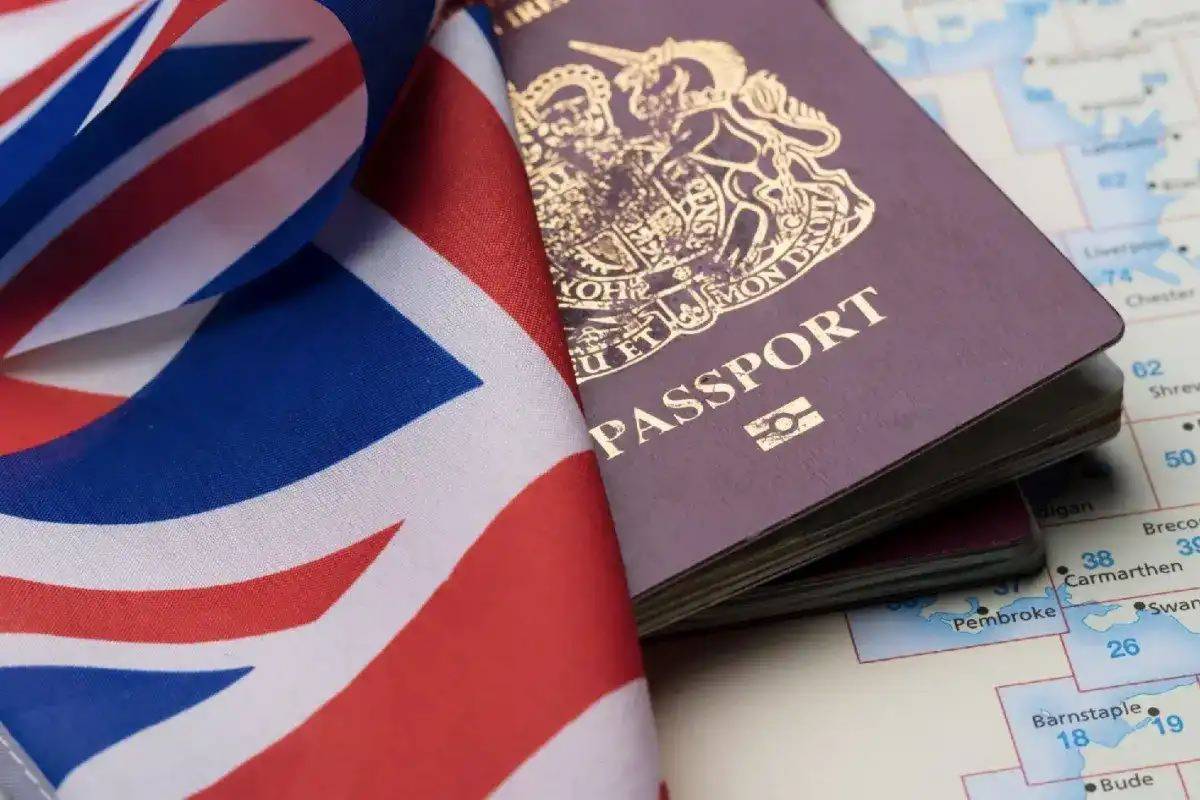UK (Parliament Politic Magazine) – Travelers from the UK might be turned away from the Schengen zone as new visa permits will be required to enter the countries across all of Europe from 2024. The European Travel Information and Authorization System (ETIAS) will be implemented in 2024. Without completing the requirements, the Brits will not be allowed to enter Spain, France, and other big European countries. The European Travel Information and Authorisation System (ETIAS), have published a guide that will help people understand the new rules. New rules have been set following the Brexit incident.
New ETIAS Visa Updates from The UK Travelers
The Schengen visa is a short-stay visa that allows a traveler to enter any country located in the Schengen Area. The zone covers all major European countries except Ireland. This visa allows a permit of up to 90 days stay for tourism or business purposes. People who belong to the UK
People from the UK do not require a Schengen visa to enter the EU. However, they need to use the ETIAS to enter the EU. However, they can use ETIAS to enter the EU zone. If a traveler doesn’t have ETIAS then he will not be allowed to enter the Schengen zone.
People who are over the age of 18, will have to pay ETIAS €7 each. Travelers over the age of 70 or above can receive their ETIAS without any charges. It will be a completely electronic system that will track the visitors from countries who do not require a visa to enter the Schengen Zone.
ETIAS Validity and New Rules Explained
A person holding the ETIAS, a UK citizen, will be allowed to stay in Europe for a maximum of 90 days within a 180-period. It will be valid for three years. The person can travel to Europe multiple times during that period.
A lot of security concerns with terrorism and the migrant crisis have called for this decision. The new rule will help with the better management of tourism in the EU. People who are entering EU borders will be screened and tracked during their stay.
The EU has been making efforts to make traveling within the Schengen Zone a more secure experience. They have been trying to reduce the procedures and wait times and working towards security concerns at the same time. After all the discussions the European Commission (EC) has come up with a solution in the form of ETIAS.
These countries will require UK visitors to have a visa from November this year 📅 🛩️ 🎫 pic.twitter.com/HaQTW41btf
— Which? (@WhichUK) February 20, 2023
What To Expect From ETIAS Upon Arrival?
The ETIAS will undergo a detailed security check. Each applicant will be screened to determine whether they will be allowed to enter any Schengen Zone country or not. While citizens of countries who do not need a visa for tourism purposes for up to 90 days in the EU don’t have to go through a long process of applying for the visa. The ETIAS will determine that people entering the zone are not a security threat.
Travelers from the European countries that need a valid ETIAS upon arrival at their borders include Austria, Belgium, Bulgaria, Croatia, Cyprus, Czechia, Denmark, Estonia, Finland, France, Germany, Greece, Hungary, Iceland, Italy, Latvia, Liechtenstein, Lithuania, Luxembourg, Malta, the Netherlands, Norway, Poland, Portugal, Romania, Slovakia, Slovenia, Spain, Sweden, and Switzerland.
Read More: What Is The Most Corrupt Country In Eastern Europe?
Reasons For The Denial Of The ETIAS For The UK Citizens
- The following are the reasons for the denial of the ETIAS for the citizens of the UK:
- You have a criminal background and pose a danger to society. If the person is on a travel watchlist for suspected terrorists
- You have provided fraudulent information and have failed to provide the required application
- You are traveling from an area that has an epidemic/pandemic outbreak and this could lead to danger to public health
The ETIAS application will take about 10 minutes to fill out and this process can also be done online. Along with the normal address and other personal information, the applicant will also be asked about their work experience and medical conditions.
They will also be inquired about their travel to countries that are at war. It will also be inquired whether they have been deported or rejected by a country or have any criminal records. The EU has stated that you will be approved if the filled-out application form is correct and you are eligible for the ETIAS and don’t pose any risk to the country.


